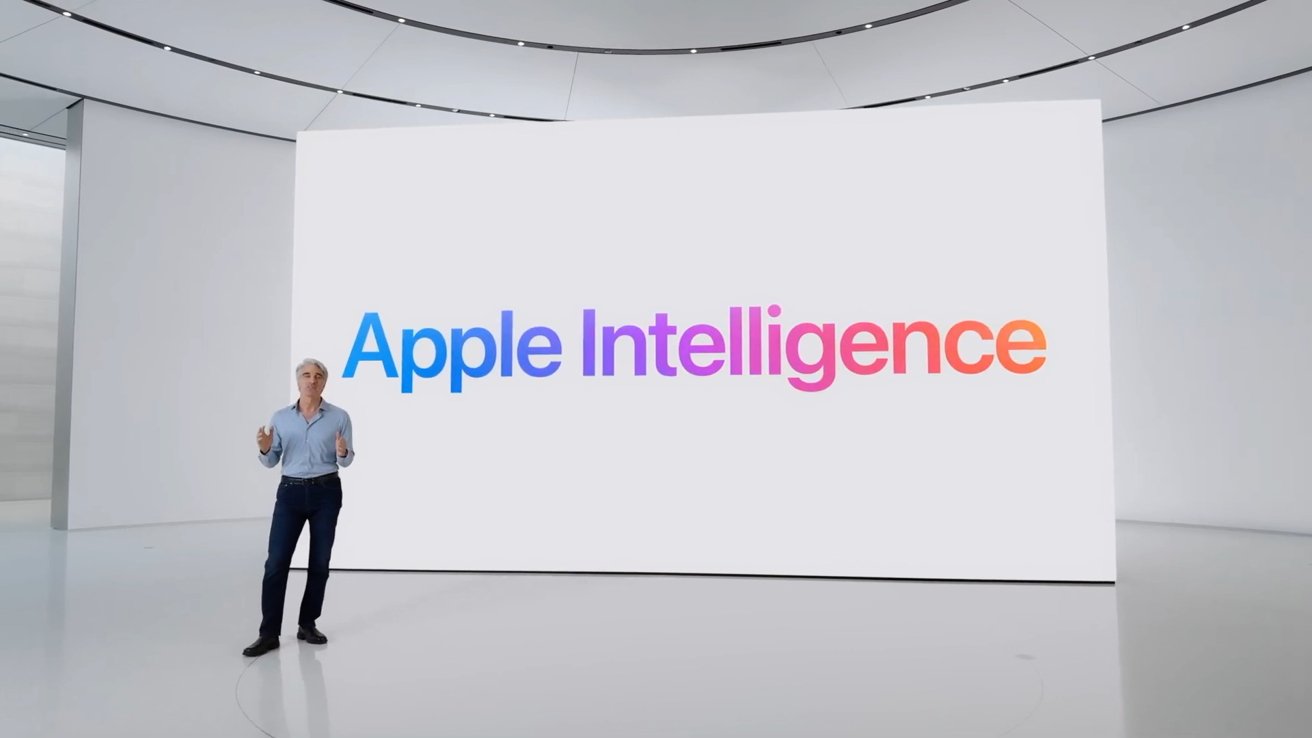Investment firm Morgan Stanley’s latest US buyer survey shows record numbers intend to upgrade their iPhone — and that they want Apple Intelligence, especially if they can also get a thin or foldable model.
Morgan Stanley has been rapidly dropping its price target for Apple, starting 2025 at $275, then dropping to $252 in March because of fears of lower than expected iPhone upgrades. Then the company expected Apple to drop to between $200 and $210 because of tariffs, which were then so much worse than anticipated, that it predicted a drop to as little as $172.
So even while it maintained its own price target at $220, Morgan Stanley can’t have been expecting a great response from buyers in its latest survey. But according to an investor note seen by AppleInsider, that’s what it got.
From a survey of 3,300 US consumers, Morgan Stanley reports:
- 51% of current users intend to upgrade in the next 12 months
- 40% are strongly interested in foldable or thin iPhones
- 80% of US users with Apple Intelligence have used it in the last six months
- 42% believe it’s very or extremely important to have Apple Intelligence
That figure of 51% of current iPhone users intending to upgrade is an all-time high record for Morgan Stanley’s surveys. While the survey presumably doesn’t specify models, upgrading within the next year means users intending to buy new iPhones from any of the iPhone 16 range, the iPhone 17 range, or the expected iPhone 17e in February or March 2026.
Then 40% of US iPhone users said that they were “extremely interested” in foldable or thin iPhones.
The 42% of current users who think Apple Intelligence is very or extremely important, specifically think so for their next iPhone. Of the users intending to upgrade in the next 12 months, that figure rises to 54%.
Apple Intelligence is a hit
While acknowledging the criticisms over Apple Intelligence, Morgan Stanley also reports that users are willing to put their money where their mouths are. Its survey said that if Apple monetized Apple Intelligence, on the average, users would be willing to pay up to $9.11 per month for it.
That’s significant both because of how it’s risen since the firm’s September 2024 survey that said $8.17 per month, and for the breakdown of that average. Without detailing figures, Morgan Stanley says the average has risen because more users are willing to pay between $10 and $15 per month, and fewer users don’t want to pay at all.
Morgan Stanley says it does not expect Apple to start charging for Apple Intelligence yet, but it believes a paywall will come. Its analysts now predict that monetizing Apple Intelligence could earn Apple tens of billions of dollars annually, at some point.
In the shorter term, Morgan Stanley expects an iPhone slim in September 2025, and says an iPhone Fold is increasingly likely for 2026. It expects that such form factor changes could bring Apple growth that is similar to what it had during the last major form redesigns with the iPhone X and iPhone 12.
That folding iPhone, though, is expected to cost $2000 or more. It’s not clear if Morgan Stanley has incorporated this cost point into their survey or estimates.
Morgan Stanley does also note, though, that Apple is facing hurdles such as the unpredictability of Trump’s “reciprocal” tariffs. There is also the issue of weakening demand for the iPhone in China.





